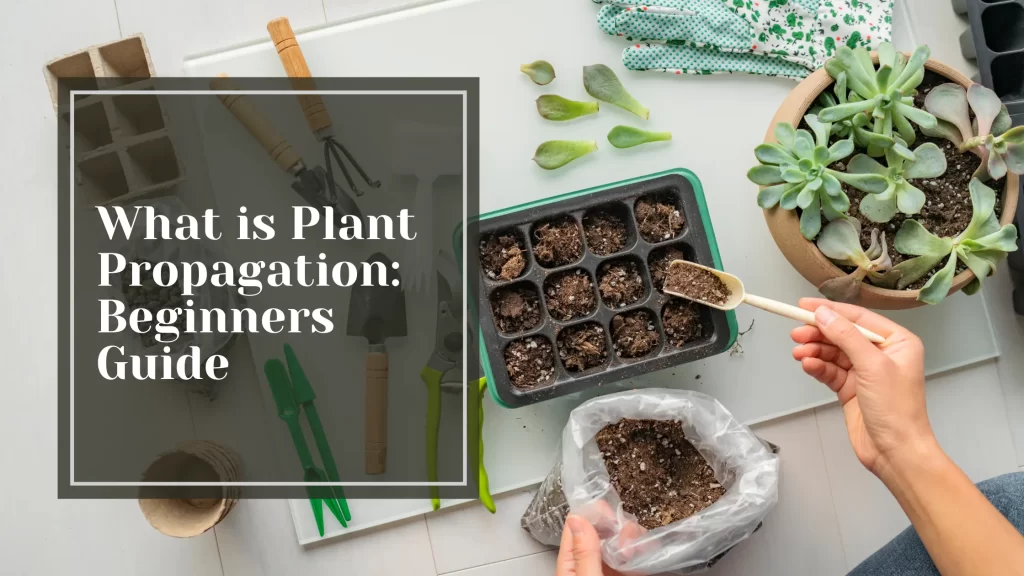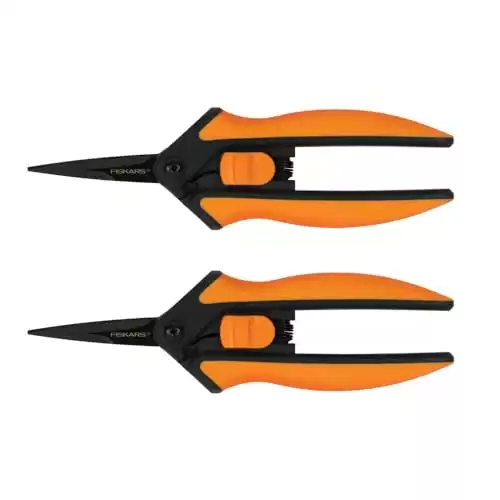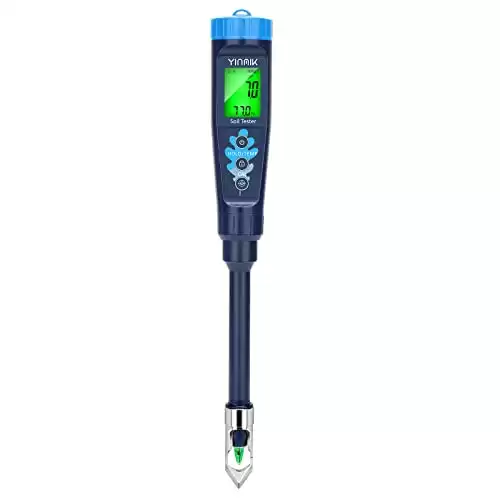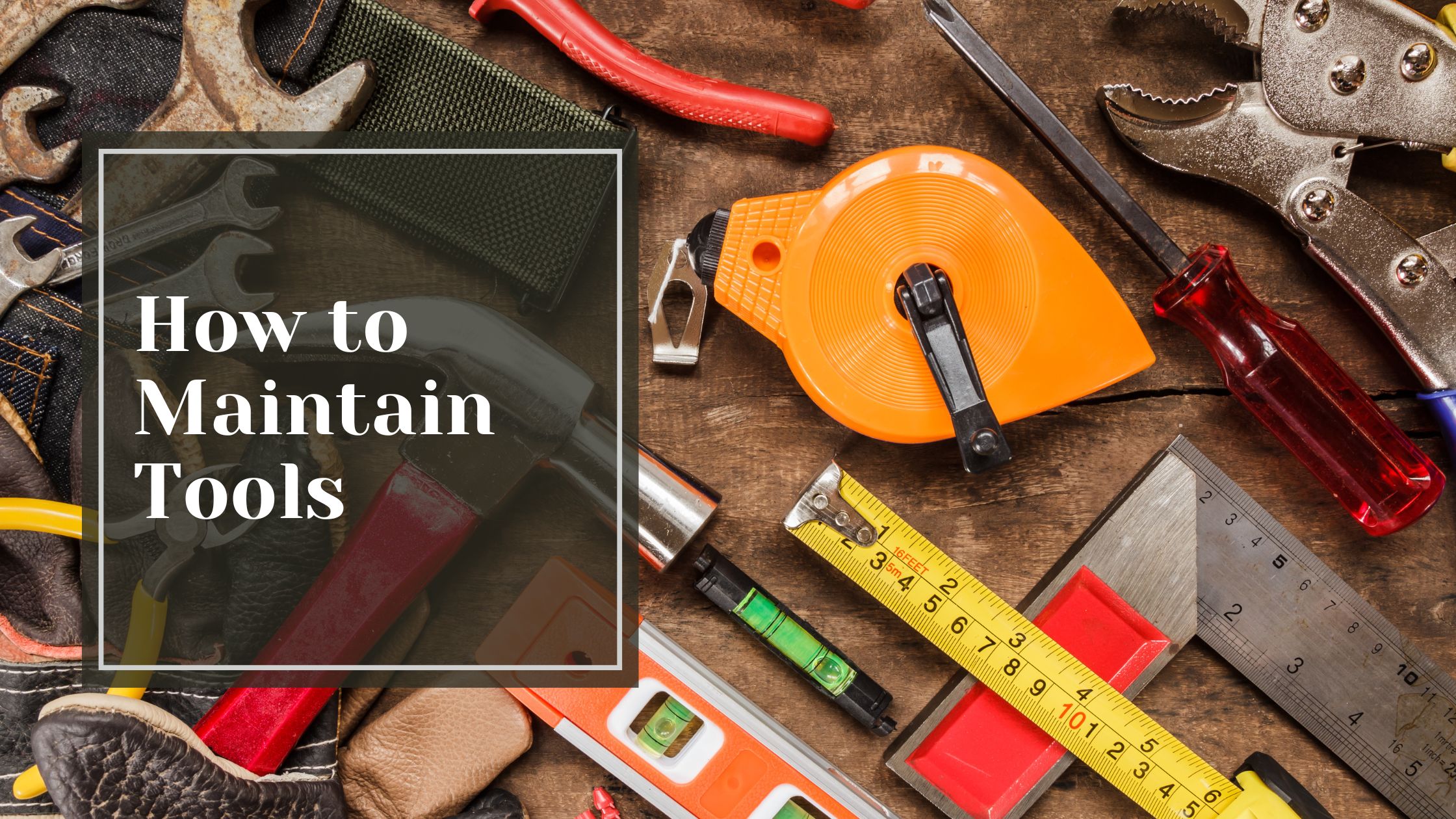It’s a wonderful skill that any homeowner can master with a bit of patience and know-how. Whether you’re looking to expand your garden, share your favorite plants with friends, or simply save money on buying new ones, propagation is the key. For gardening tips, you might find insights from greenhouse manager. We’ll explore the basics of plant propagation, providing you with simple techniques that any homeowner can master quickly!
Table of Contents
ToggleWhat is Propagation?
Plant propagation is the process of creating new plants from existing ones. There are several methods, each suited to different types of plants and varying levels of gardening experience. The main techniques include seed germination, division, cuttings, layering, and grafting.
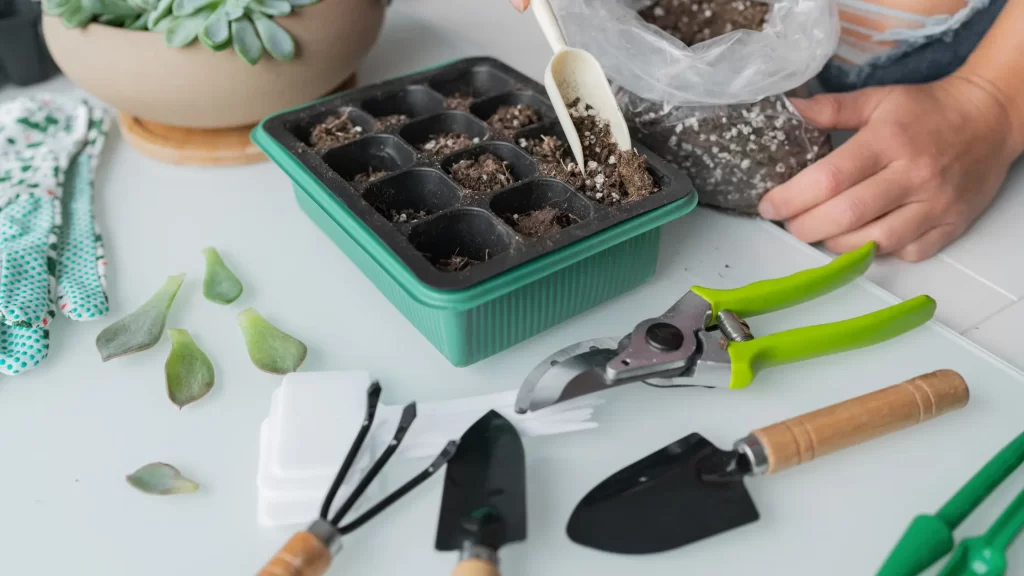
Seed Germination
- Start with seeds from your favorite plants or those you’d like to grow.
- Follow specific instructions for each type of seed regarding soil, light, and water requirements.
- Seed germination is a rewarding method but requires patience as it may take weeks or even months before you see visible results.
Division
- Well-suited for plants that naturally form clumps or have multiple stems.
- Gently dig up the plant and separate it into smaller sections, ensuring each division has attached roots.
- Replant each division in nutrient-rich soil and water thoroughly.
Cuttings
- One of the most popular propagation methods.
- Snip a healthy section of a plant, typically a stem with leaves, and place it in a rooting medium (such as water, perlite, or soil).
- Keep the cutting in a warm, humid environment until it develops roots, then transplant it into soil.
Layering
- Perfect for plants with flexible branches.
- Bend a low-hanging branch to the ground, make a small incision, and bury that section in soil.
- Once roots develop, sever the rooted section from the parent plant and transplant it.
Grafting
- Commonly used for fruit trees and roses.
- Advanced technique involving joining two different plant parts to create a single, stronger plant.
- Best attempted once you’re comfortable with other propagation methods.
Enhance your plant propagation journey with the Fiskars Micro-Tip Pruning Snips Garden Clippers. This 2-count set features sharp precision-ground non-stick blades, perfect for making clean cuts during propagation methods like cuttings. Elevate your gardening experience with these essential tools designed for successful plant nurturing.
Tips for Success:
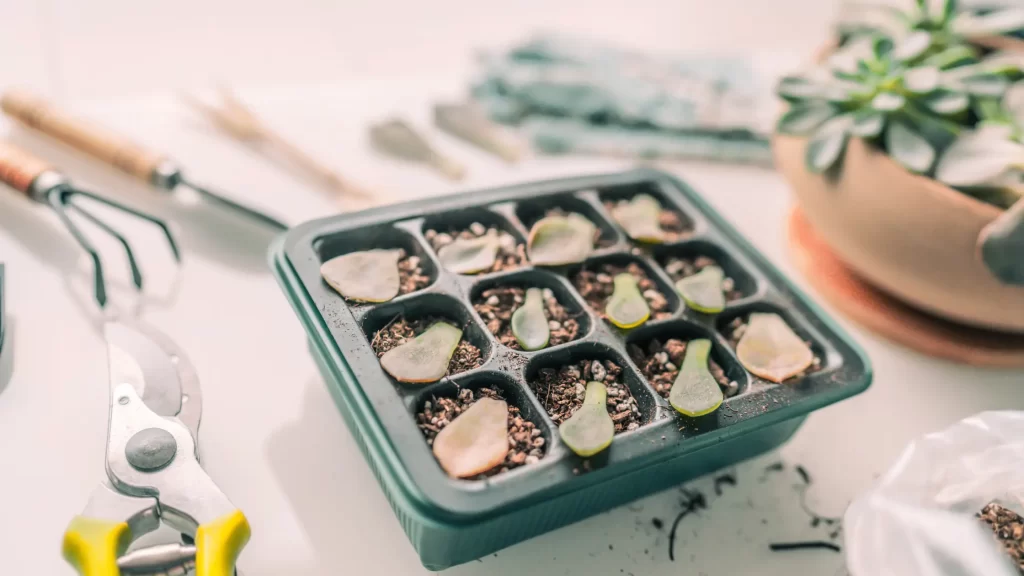
Timing is Key
Pay attention to the specific requirements of each method and the optimal time for propagation. Spring and early summer are often ideal for many plants.
Healthy Specimens
Choose healthy parent plants for propagation to ensure the success of the new plants.
Patience Pays Off
Propagation takes time, so be patient. Not all methods yield instant results, but the rewards are worth the wait.
Elevate your plant propagation success with the YINMIK Digital pH Tester for Soil. This professional pH meter is ideal for indoor potted plants, gardens, lawns, and more. Ensure optimal timing and conditions for propagation by accurately measuring soil pH. A must-have tool for every gardener to choose the right time, maintain healthy specimens, and cultivate patience for thriving, rewarding results
Practice Your Green Thumb!
Plant propagation is a fascinating journey that allows one to deepen your connection with nature, beautify your surroundings, and share the joy of gardening with others. Now that you have the know-how, it’s time to become a propagation professional. Master the basics of seed germination, division, cuttings, layering, and even grafting – and you’ll soon find yourself with a garden flourishing with plants you’ve nurtured from the very beginning. Happy propagating!
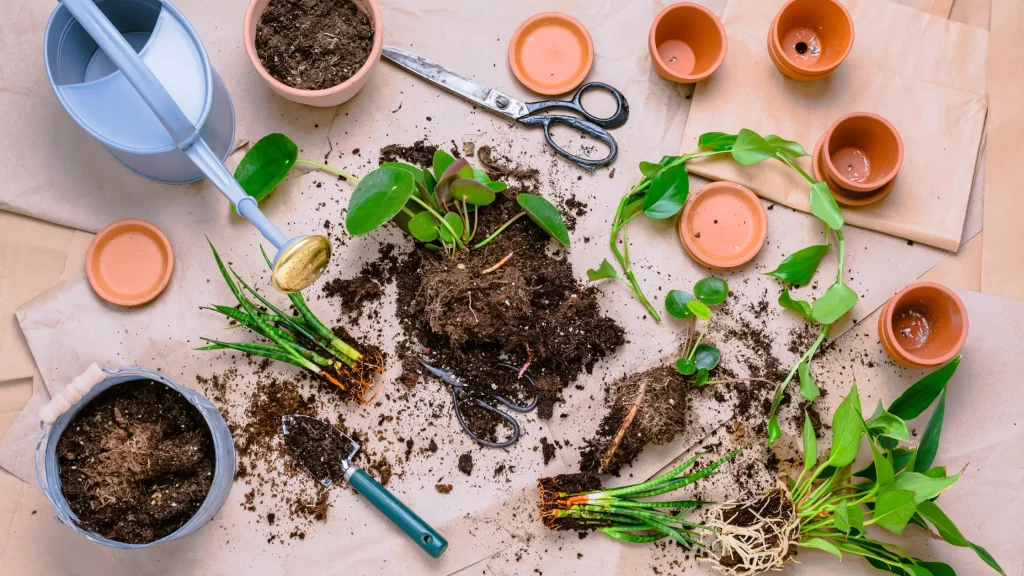
Frequently Asked Questions
What is Plant Propagation?
Plant propagation is the process of creating new plants from existing ones. It involves various techniques such as seed germination, division, cuttings, layering, and grafting
Which Plants are Suitable for Division Propagation?
Plants that naturally form clumps or have multiple stems are well-suited for division propagation. This method involves gently separating the plant into smaller sections, each with attached roots
How Long Does Seed Germination Take?
Seed germination can vary, taking weeks or even months. It depends on the type of seed and its specific requirements regarding soil, light, and water. Patience is key for successful seed germination
Are There Any Beginner-Friendly Propagation Methods?
Yes, cuttings and seed germination are popular and beginner-friendly propagation methods. Cuttings involve snipping a healthy section of a plant and placing it in a rooting medium, while seed germination starts with seeds from desired plants.
When is the Best Time for Plant Propagation?
Timing is crucial for successful propagation. Spring and early summer are often ideal for many plants. It’s essential to pay attention to the specific requirements of each method and the optimal time for propagation to maximize success.

